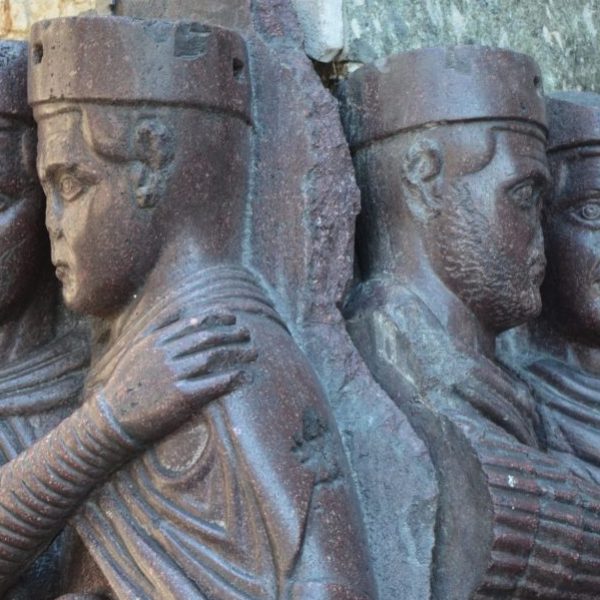For Whom You Love
“I love you.”
We call them “three little words,” and yet in Western thought, love as a concept is anything but a small concern. In fact, in Love: A History, Simon May demonstrates the way in which love has grown into a veritable colossus in our cultural consciousness, providing the inspiration for thousands of popular novels and the basis for a vast sector of the jewelry industry.
 Moreover, May notes, love has spawned several centuries of debate about its true nature on the part of philosophers, religious figures, and evolutionary biologists. Therefore, in an attempt to come up with some kind of framework through which to consider this phenomenon, May turns to his bookshelf, offering a chapter-by-chapter guided tour of some of the most influential thinkers of the last three thousand years and their take on the feeling that some say makes the world go ‘round.
Moreover, May notes, love has spawned several centuries of debate about its true nature on the part of philosophers, religious figures, and evolutionary biologists. Therefore, in an attempt to come up with some kind of framework through which to consider this phenomenon, May turns to his bookshelf, offering a chapter-by-chapter guided tour of some of the most influential thinkers of the last three thousand years and their take on the feeling that some say makes the world go ‘round.
For Plato, of course, love is a stepping stone on the way to the ideal form of beauty; for Nietzsche, the best love is self-love that exists outside the carefully delineated moral systems that oppress us. As is often the case with philosophers, in the chorus of discussion surrounding love, no two voices ever seem to hit the exact same notes: Aristotle’s conception of “love as perfect friendship,” which maintains that the best kind of love is less about erotic connection and more about “wishing and doing well to others for their own sake,” stands in contrast to the ideas of Lucretius and Ovid, “uncompromising naturalists,” for whom love is nothing more than the name we call the attraction necessary for the perpetuation of the human race.
As much as no two thinkers can agree completely about what love might be, May finds that in the past several hundred years, love has grown in importance to fill a place in our cultural understanding that was once occupied by God. The Beatles sang that “Love is All You Need,” a sentiment that is characteristic of the very way of thinking May describes, with love at the center of a world that might otherwise seem to lack meaning. Yet May cautions against the blind acceptance of such a belief, offering his book as a way of examining exactly where our conceptions of love came from and answering some of the questions about friendship, attachment, and sex that humans have—yes—loved to ponder for centuries.



